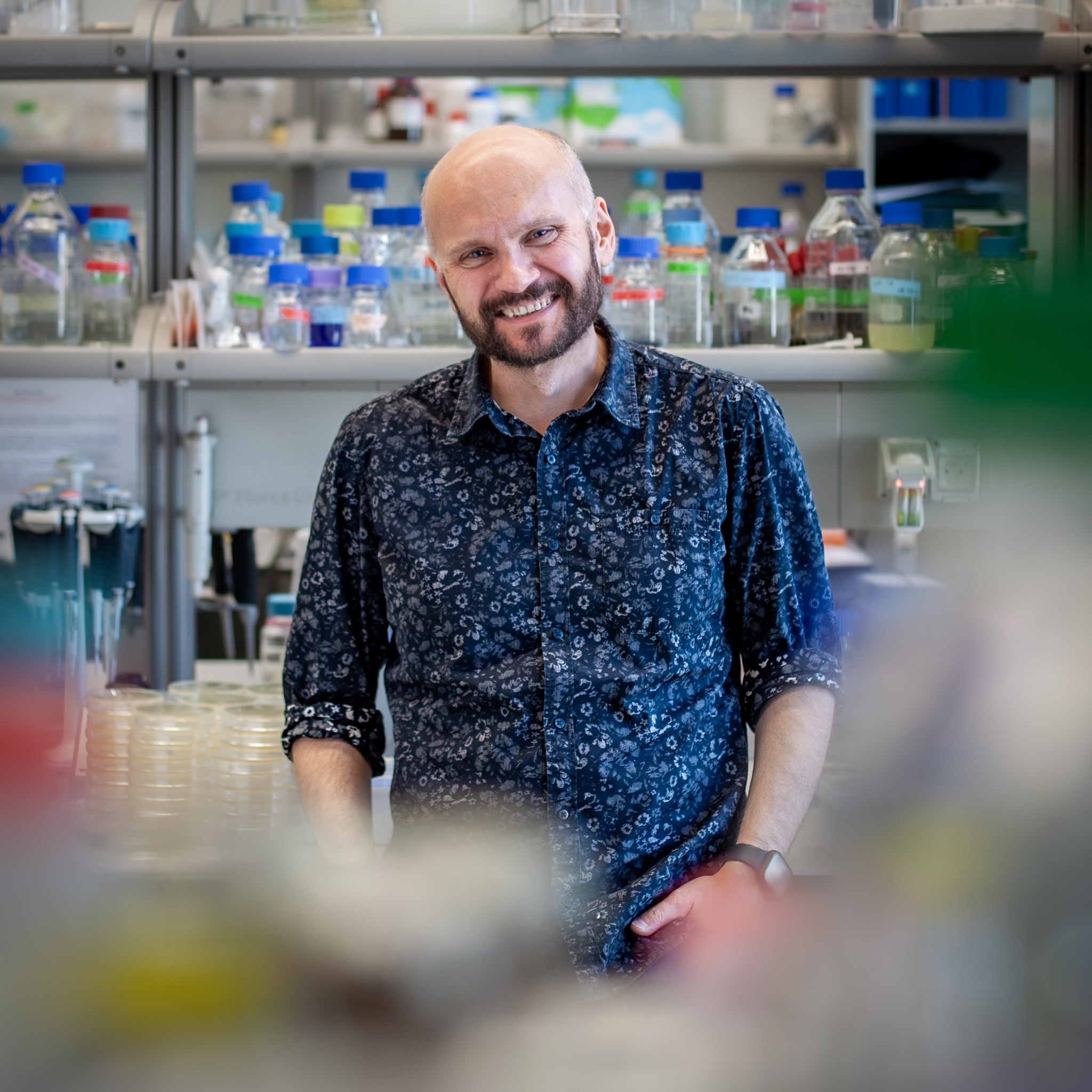Broadcast Date: December 9, 2024
Webinar Cost: Free for members, $49 for nonmembers
View On-Demand Webinar
Thank You to our Series Sponsors:
- The USDA National Institute of Food & Agriculture Specialty Crops Research Initiative Project No. 2019-51181-30019, with the following institutions:
- Pennsylvania State University
- Auburn University
- Cornell University
- Washington State University
- North Carolina State University
- University of Florida
- University of Wisconsin
- USDA/ARS
- The APHIS Widely Prevalent Bacteria Committee
Webinar Summary
Soft rot diseases caused by Pectobacterium and Dickeya spp. devastate crops worldwide, yet phage therapy offers a promising countermeasure. Our research uncovers the molecular mechanisms governing phage infection and resistance, revealing how resistance impacts bacterial fitness. Using transposon mutagenesis and phage-resistant variants, we demonstrate that phage resistance compromises SRP bacteria’s ability to colonize and infect potato plants, highlighting the ecological costs of resistance. Join us to gain fresh insights into phage-host interactions and their implications for sustainable agriculture.
About the Presenter
Moderator: Shaista Karim, Bayer

Professor Robert Czajkowski earned his Bachelor's and Master's degrees at the Intercollegiate Faculty of Biotechnology, University of Gdańsk and Medical University of Gdańsk in 2004 and 2006, respectively. From 2006 to 2007, he was a visiting scientist at the Max Planck Institute for Terrestrial Microbiology in Germany, and from 2007 to 2009, he worked at Wageningen University and Research Center in the Netherlands. In 2011, he completed his PhD at Leiden University, Netherlands, followed by a postdoctoral fellowship at Wageningen University and Research Center. In 2016, he received his habilitation with distinction from the University of Life Sciences in Wroclaw, Poland. Since 2012, Professor Czajkowski has worked at the University of Gdańsk, initially in research positions funded by external grants.
Since 2021, he has held a permanent (tenure) research and teaching position. His scientific focus includes the interactions between plant pathogenic bacteria, particularly pectinolytic bacteria like
Pectobacterium and
Dickeya, and their environment. This includes interactions with bacteriophages, other microorganisms, and host plants. His recent research investigates the role of lytic and temperate bacteriophages and their proteins in the adaptation and evolution of pectinolytic bacteria in plant environments. Professor Czajkowski has collaborated with researchers worldwide, including those at the University of California-Berkeley, U.S.A., and the University of Lyon, France. He has authored or co-authored over 70 publications, which have been cited more than 2,000 times, and was listed in Elsevier's 2022 database of the most cited scientists. He is the youngest full professor at the Intercollegiate Faculty of Biotechnology.
About the Advances in Phytobacteriology Series
The Bacteriology Committee's educational webinar series aims to promote interdisciplinary and cross-institutional collaboration by disseminating groundbreaking research findings in Phytobacteriology. The goal of the series is to engage the scientific community, the series features insights from leading experts in the field. It also strengthens professional networks to facilitate collaboration and knowledge exchange.
After participating in the Bacteriology Committee's educational webinar series, which focuses on groundbreaking research, collaboration, and knowledge sharing, attendees will gain awareness of the latest advancements and technological innovations in bacteriology, while also grasping emerging trends and novel methodologies that are shaping the future of the field. Participants will learn about current collaborative projects and initiatives within the bacteriological community and related disciplines, understanding the impact of recent research findings on shaping the future needs of research in phytobacteriology.
